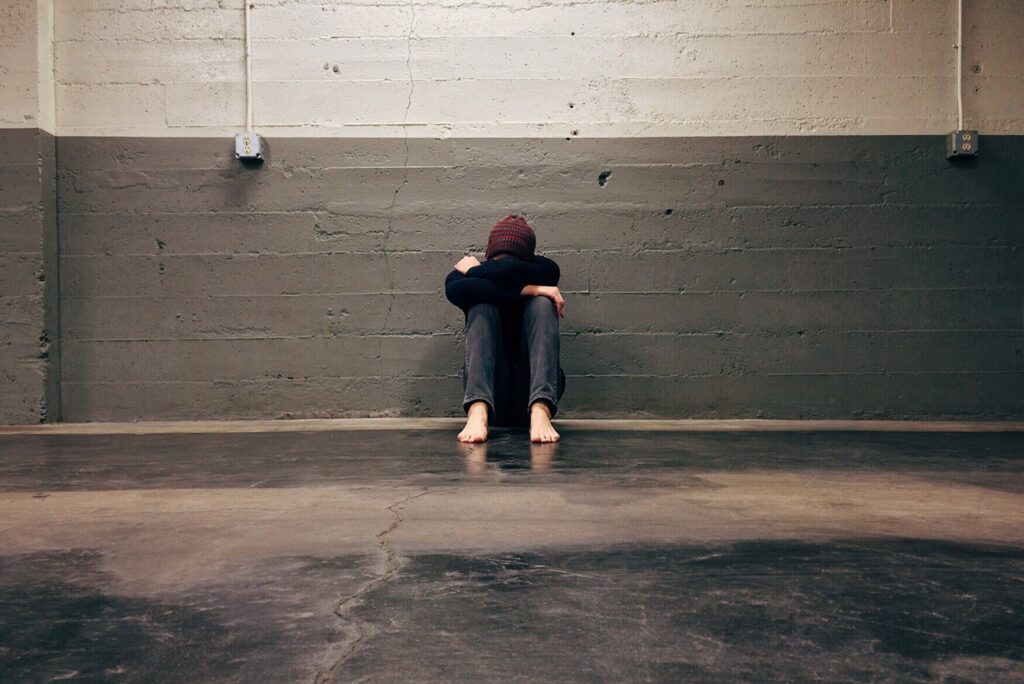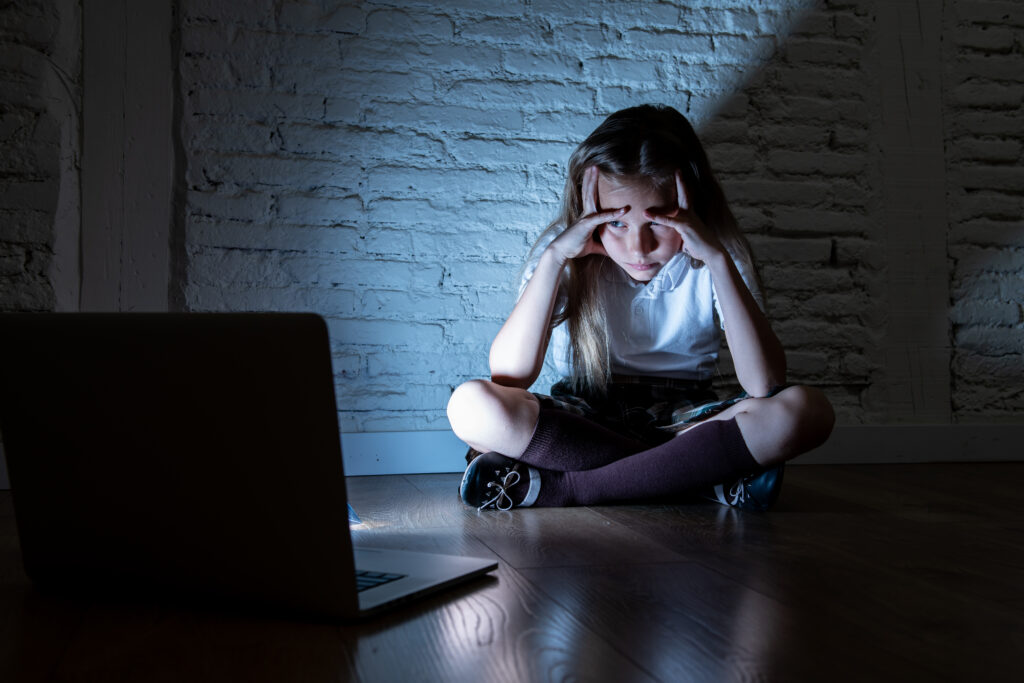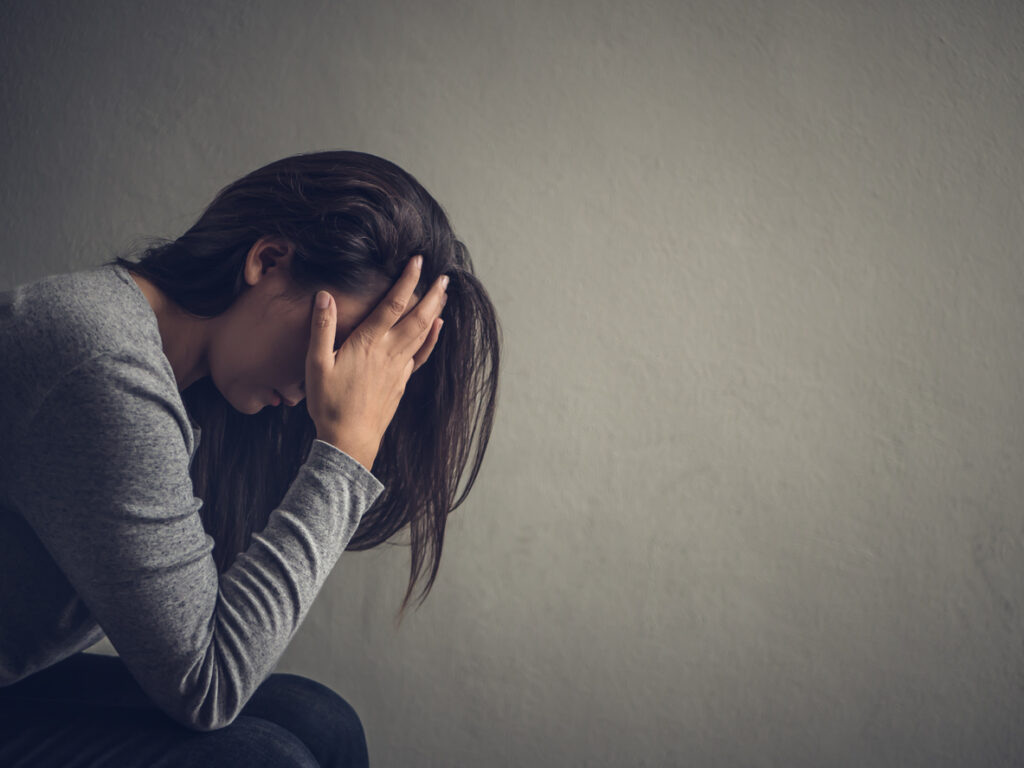How do SA kids see #Coronavirus in a TikTok and Instagram-based world?
And how can parents guide and support them? SA’s Digital Life Skills experts offer 7 key tips for parents. As Covid-19 has exploded from a distant reality in South Africa to a global pandemic, with increasing local cases of the virus, we can count ourselves lucky to have almost instant access to information, education and updates […]
How do SA kids see #Coronavirus in a TikTok and Instagram-based world? Read More »




